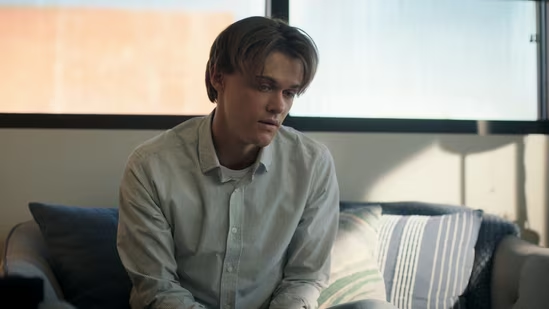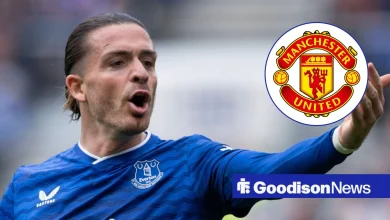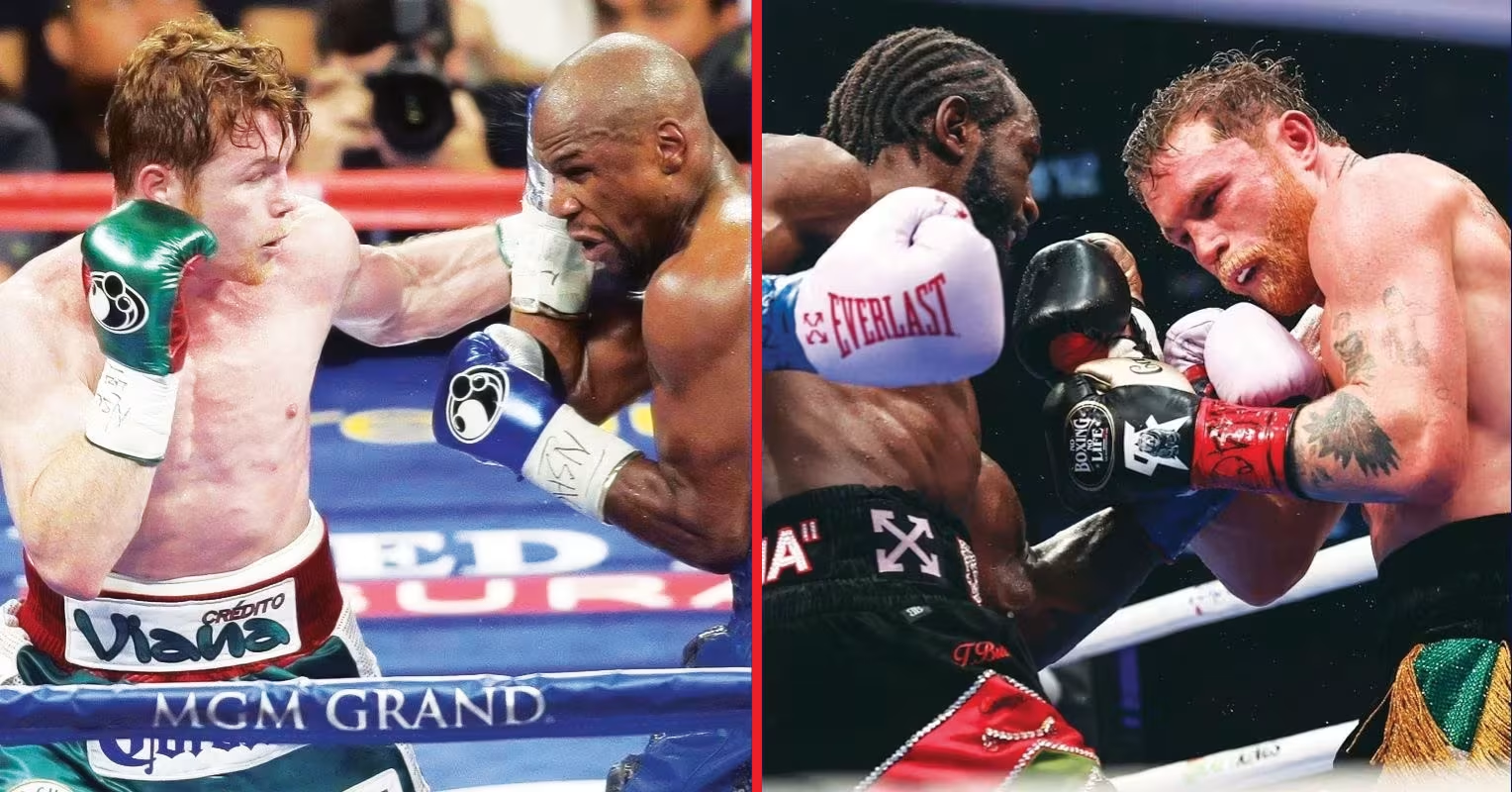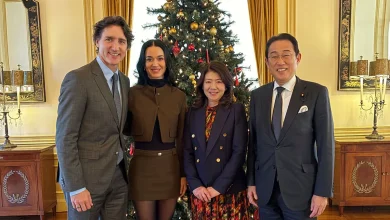‘Accountability aesthetics’: The OTT spotlight on men’s mental health

For decades, the portrayal of male characters on screen has followed traditional masculine ideals of being emotionally repressed. Contrary to this portrayal, the World Health Organisation notes that men worldwide are less likely to seek psychological support despite experiencing anxiety, depression, and burnout. So, what makes them ask for help feel like a weakness instead of a basic human need?
Still from The Summer I Turned Pretty
The answer lies in cultural expectations that continue to silence discussions around men’s mental health.
However, OTT series, especially young-adult dramas, are now challenging the idea of vulnerability as a feminine trait by showcasing men dealing with it. Experts say this shift will make a huge difference.
This trend is termed ‘the accountability aesthetic,’ where women admire the emotional intelligence in men.
Speaking of shows portraying men expressing emotion, psychologist Arpita Kohli from PSRI Hospital says, “Media can either reinforce harmful stereotypes or provide healthier scripts. When a male character seeks help… it challenges the idea that men must always be in control.”
However, Dr Pavitra Shankar, associate consultant–Psychiatry, Aakash Healthcare, highlights how most young men who look absolutely fine are dealing with vulnerability alone, “Once they start talking, you realise the stress they’ve been carrying alone — money worries, job pressure, fear of failing their families. They want to open up, but they’re scared people will call them weak.”
Changing the portrayal
Recent young-adult shows like The Summer I Turned Pretty (TSITP) and Maxton Hall explore the vulnerability in men in a subtle yet surprisingly powerful way. In Season 2 of TSITP, when Conrad learns that his mother has cancer, he struggles with relationships, anger and numbness. His eventual decision to attend therapy is framed as a logical step for someone overwhelmed by grief and fear. Similarly, James Beaufort from Maxton Hall, who is the internet’s current favourite fictional boyfriend, too, decides to attend therapy in Season 2 willingly. Following his mother’s death and a car crash, James chooses counselling because he wants to break generational cycles.
The impact
“OTT is doing what mainstream cinema avoided for decades: letting male characters cry, heal, and grow without turning them into jokes or villains. We need such content in India,” says Dr Arpita.
Past celebrity interviews around mental health
Actor Arjun Kapoor, during his talk at the FICCI Young Leaders Summit in Mumbai, opened up about his mental health journey and urged young people to prioritise mental health and seek therapy without shame. He said that there’s “nothing wrong with being vulnerable”, adding that the “strongest people are those who can acknowledge their emotions.”
Actor Imran Khan, speaking of his struggle with depression, recalls how conversations about mental health were taboo a decade ago. “People, in general, didn’t have an attitude of acceptance. Today’s generation has embraced the idea of mental health care. Their sympathy is mind-blowing.”
Director Karan Johar, in a recent interview with Faye D’Souza, opened up about seeking help from a mental health professional to overcome body dysmorphia, “I am very awkward getting into a pool. I don’t know how to do it without feeling pathetic. I’ve tried very hard to overcome it… I’m always in oversized clothes… I’m always feeling I’m fat. So I don’t want you to see any part of my body.”
On the shifting male representation
“Men on screen in Bollywood are still largely trapped in hyper-masculine roles. Rare films like ‘Ek Main Aur Ek Tu’, ‘Homebound’, ‘Dhadak’, and ‘Loka’ offer glimpses of men confronting emotions, vulnerability, and fear, showing that sensitivity is human, not weak. We need more such content,” says influencer Nikhil Taneja.
“There is a lot of awareness around mental health… and now even cinema is beginning to capture these conversations. I personally prefer stories of hope and courage that inspire audiences to make better choices and fight these problems with solidarity,” says Amol Parashar, actor.
Marketing professional and model, Kaustav Dey says, “Some of the biggest blockbusters over the last few years have been increasingly violent, primal depictions of ‘manhood’. These are then assimilated into culture by young men seeking role models… I am glad that the new series are adapting what’s normal!”





